Background Art From Various “Scooby-Doo Where Are You!” Episodes.
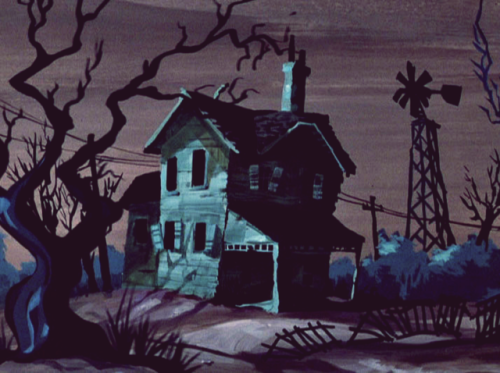

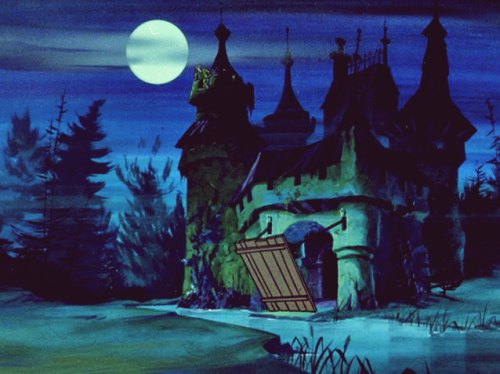
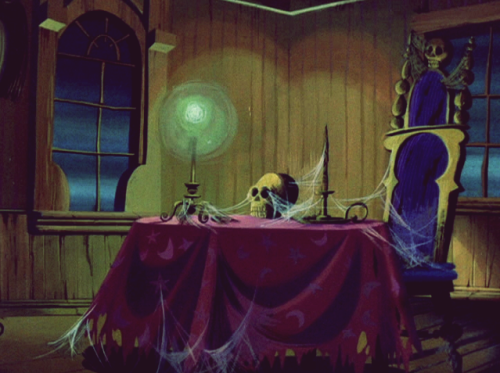
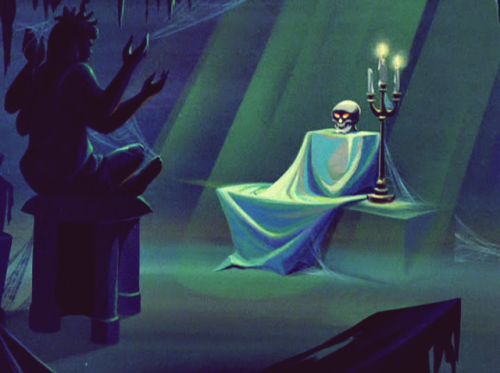
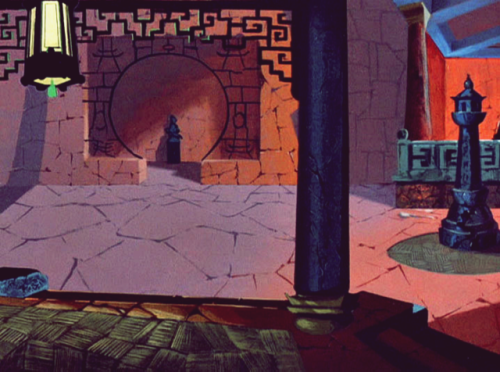
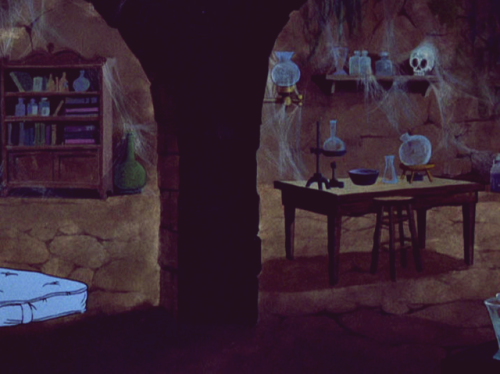
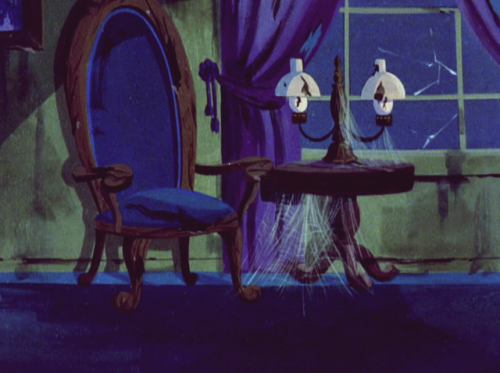
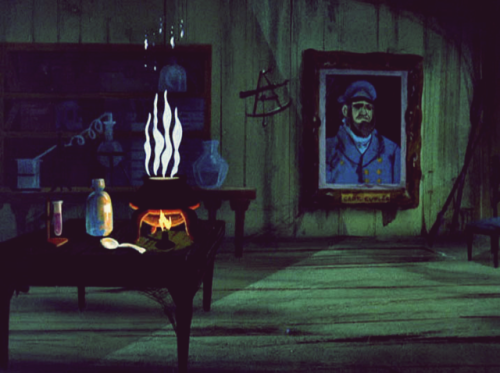
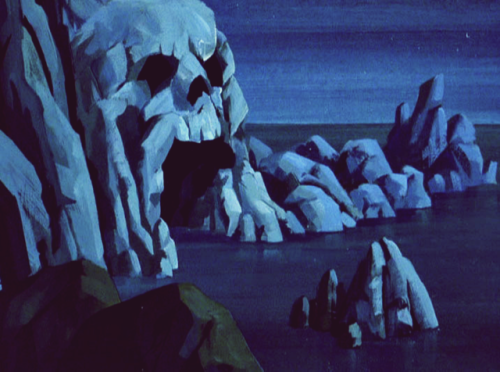
Background art from various “Scooby-Doo Where Are You!” episodes.
More Posts from Toivosworld and Others

27/03/2019 - A quiet library session after the longest day yesterday, drinking herbal iced tea and listening to chill music on my study playlist










TEATRI - TEATRO GRECO TAORMINA, ERACLEA MINOA, PALAZZOLO ACREIDE, SEGESTA, SIRACUSA, TEATRO MASSIMO PALERMO, TEATRO REGINA MARGHERITA CALTANISSETTA, TEATRO PIRANDELLO AGRIGENTO, TEATRO MASSIMO BELLINI A CATANIA, TEATRO VITTORIO EMANUELE MESSINA.
THEATER AND SICILY - 02 THEATER: EMOTIONAL SITE
The first theaters in Sicily were the Greek ones that built them in every city they founded. I love these theaters that have the sky on the roof and the sea in front of the spectators, where the spectators surround the actor and the word arrives everywhere with the same strength and beauty. The Arabs did not bring theaters but minstrels and poetry, the Normans with their deeds created the starting point for the puppet theater. The Arab minstrels soon became Storytellers and created a theater without actors where the music and the verses and the drawings of events described the story. Although the Pupi theater appears poor and primordial it was an important constant of Sicilian culture. The Pupari visited the villages and created a theater in every square reciting the history of the Paladins with rhymes and verses. In every big city there was a puppet theater that the priests did not criticize and where poor and rich attended as it spoke of love and honor, of duties and traitors, very strong elements in our culture.
Towards the end of 1700 began the first theaters of which you see some photos and that were frequented by the nobility and rich bourgeoisie. In reality there were others much more popular that were an evolution of the puppet theater. But these are not the only theaters in Sicily. I remember that the first time I went to the theater was when I was five years old to see a company that played a very funny farce but based on betrayals and loves, that I did not understand. The theater in which I was was very large, with the stars for the ceiling and all of us spectators around the stage. This theater was the square of the village where a truck had climbed with a small stage and the painted backdrops to offer a show for the patronal feast. That company of popular actors (in the sense that they came from the people, reciting texts for the people), remembered what had been the “Commedia dell'Arte” those small companies of actors who invaded Europe in 1500-1600 disclosing the art theatrical. Now there are poor companies with few means that do not always visit my old town to still recite the classics of popular theater; But I see that the young people of my village regularly act as actors, creating a stage in the square to play on.
And that’s what I wanted to tell you: a theater to play in Sicily is not just a building but a popular concept to find and listen, to participate, laugh and eventually think. And these places that create, sow and spread emotions in Sicily there are many because Sicily itself is an emotion.
TEATRO E SICILIA - 02 - IL TEATRO: IL LUOGO DELLE EMOZIONI
I primi teatri in Sicilia furono quelli greci che li costruirono in ogni città che fondarono. Io amo questi teatri che hanno per tetto il cielo e per fondale il mare, dove gli spettatori circondano l’attore e la parola arriva ovunque con la stessa forza e bellezza. Gli arabi non portarono teatri ma menestrelli e poesia, i Normanni con le loro gesta crearono il punto di partenza per il teatro dei Pupi. I menestrelli arabi diventarono presto cantastorie e crearono un teatro senza attori dove la musica ed i versi ed i disegni degli avvenimenti descrivevano la storia. Il teatro dei Pupi benché appaia povero e primordiale fu una costante importante della cultura siciliana. I Pupari visitavano i paesi e creavano un teatro in ogni piazza recitando con rime e versi la storia dei Paladini. In ogni grande città vi era un teatro dei pupi che i preti non criticavano e poveri e ricchi frequentavano in quanto parlava di amore ed onore, di doveri e traditori, elementi molto forti nella nostra cultura.
Verso la fine del 1700 incominciarono a nascere i primi teatri di cui vedi alcune foto e che erano frequentati dalla nobiltà e ricca borghesia. In realtà ve ne erano altri molto più popolari che erano una evoluzione del teatro dei pupi. Ma non sono solo questi i teatri in Sicilia. Io ricordo che la prima volta che andai a teatro fu quando avevo cinque anni per vedere una compagnia popolare che recitava una farsa molto divertente ma che basandosi su tradimenti e amori, io non capivo. Il teatro in cui ero era grandissimo, con le stelle per soffitto e tutti noi spettatori intorno al palcoscenico. Questo teatro era la piazza del paese dove era salito un camion con un piccolo palco e dei fondali pitturati per offrire uno spettacolo in occasione della festa patronale. Quella compagnia di attori popolari (nel senso che venivano dal popolo, recitando testi per il popolo), ricordava quello che era stata la “Commedia dell’Arte” quelle piccole compagnie di attori che invasero l’Europa nel 1500-1600 divulgando l’arte teatrale. Ora vi sono compagnie povere e con pochi mezzi che non sempre visitano il mio vecchio paese per recitare ancora i classici del teatro popolare; io però vedo che regolarmente sono i giovani del paese a farsi attori, a creare un palco nella piazza su cui recitare.
Ed è questo che volevo dirti: un Teatro per recitare in Sicilia non è solo un edificio ma è una concezione popolare per ritrovarsi ed ascoltare, per partecipare, ridere e alla fine pensare. E questi luoghi che creano, seminano e diffondono emozioni in Sicilia ve ne sono tantissimi perché la Sicilia stessa, è un emozione.


🥺🥺❤️💙

Tragedias de Shakespeare.
https://youtu.be/aveM4w5zv-c


Angels Ministering to Christ, 1820, William Blake
Medium: pen,wash,ink,watercolor,paper
https://www.wikiart.org/en/william-blake/angels-ministering-to-christ-1820
“— Sé a qué se refiere. — ¿Lo sabe? Sí, tal vez. Empiezo a creer que sí lo sabe. — Las sombras de quienes pudimos ser y no fuimos… ¿No se trata de eso?… De quienes soñamos ser y nos hicieron despertar. Las sombras de aquellos a quienes una vez amamos y no conseguimos jamás, de quienes nos amaron y cuya esperanza matamos por maldad, estupidez o ignorancia.”
—
El maestro de esgrima.
Arturo Pérez-Reverte.

A simple spell to release stress

When we hold on to excess stress, it creates a blockage in our personal energy system. Imagine that your is body filled with tiny, invisible wires that carry energy from one point to the next. When you hold on to stress in a certain area, you tie a knot in the wires that keeps energy from flowing smoothly to the rest of your body. This can manifest as fatigue, lack of motivation, overwhelm, or other mental and physical symptoms. This spell is designed to untie those knots and let the energy flow freely.
This spell is very loosely adapted from the book Light Magic for Dark Times by Lisa Marie Basile, which I highly recommend for anyone looking to bring witchcraft into their self care practice or vice versa.
What you will need:
A piece of white paper
A pen or pencil
A bowl or cup of clean, fresh water (water from the tap is fine!)
(Optional) a few drops of lavender essential oil
Performing the spell:
Set aside some time when you can be alone and won’t be disturbed. If you like, set the mood by lighting candles, burning incense, or playing music. If you chose to include lavender oil, add it to the water now.
On the paper, write a detailed description of the situation that is causing you stress, and of how it makes you feel. Be as specific as possible. What emotions do you feel? Are there physical sensations associated with these emotions? Where in your body do you feel them? (If you are more comfortable drawing than writing, draw a picture that represents your situation and how it makes you feel.)
Keep writing/drawing until you run out of things to say. Get a second piece of paper if you need to. Don’t worry about making it pretty or even legible. What matters is that you get the emotions out and onto the page.
Fold the paper in half, folding it away from yourself; rotate it to the left and fold it again; rotate to the left again and fold one more time for a total of three folds. With each fold, repeat out loud or in your head, “I acknowledge these feelings and I let them go. I release.”
Submerge the folded paper in the bowl of water. Make sure it is completely covered. Watch it soak through, and watch the ink bleed from the paper.
Say, “Spirits of water, keepers of emotion and the subconscious, spirits of healing, help me to cleanse and release. Help me restore my energy.”
Allow the envelope to soak in the water for at least an hour before disposing of it.
-
 samantha-polaris reblogged this · 4 weeks ago
samantha-polaris reblogged this · 4 weeks ago -
 polarizebelow liked this · 4 weeks ago
polarizebelow liked this · 4 weeks ago -
 spicyfiddleleaffuck liked this · 1 month ago
spicyfiddleleaffuck liked this · 1 month ago -
 ayax12 liked this · 1 month ago
ayax12 liked this · 1 month ago -
 satan999sposts liked this · 1 month ago
satan999sposts liked this · 1 month ago -
 themisschina reblogged this · 2 months ago
themisschina reblogged this · 2 months ago -
 miyuyyr liked this · 2 months ago
miyuyyr liked this · 2 months ago -
 fancynightmaredestiny liked this · 2 months ago
fancynightmaredestiny liked this · 2 months ago -
 dos-lechuzas liked this · 3 months ago
dos-lechuzas liked this · 3 months ago -
 inthemorningintomsdiner liked this · 4 months ago
inthemorningintomsdiner liked this · 4 months ago -
 maues-reblogs2 reblogged this · 4 months ago
maues-reblogs2 reblogged this · 4 months ago -
 mauesartetc liked this · 4 months ago
mauesartetc liked this · 4 months ago -
 mixaphor reblogged this · 5 months ago
mixaphor reblogged this · 5 months ago -
 tinyfriendclodathlete reblogged this · 6 months ago
tinyfriendclodathlete reblogged this · 6 months ago -
 tinyfriendclodathlete liked this · 6 months ago
tinyfriendclodathlete liked this · 6 months ago -
 flanerpequenasepifanias liked this · 6 months ago
flanerpequenasepifanias liked this · 6 months ago -
 scoregirl liked this · 6 months ago
scoregirl liked this · 6 months ago -
 gotoahiddenplace liked this · 6 months ago
gotoahiddenplace liked this · 6 months ago -
 yakultstan liked this · 6 months ago
yakultstan liked this · 6 months ago -
 unabomberofficial liked this · 6 months ago
unabomberofficial liked this · 6 months ago -
 cyborgcorpse reblogged this · 6 months ago
cyborgcorpse reblogged this · 6 months ago -
 catfluff liked this · 6 months ago
catfluff liked this · 6 months ago -
 theultimatebean liked this · 6 months ago
theultimatebean liked this · 6 months ago -
 avoidingdestiny reblogged this · 6 months ago
avoidingdestiny reblogged this · 6 months ago -
 sludgeghost reblogged this · 6 months ago
sludgeghost reblogged this · 6 months ago -
 blue-crescent reblogged this · 6 months ago
blue-crescent reblogged this · 6 months ago -
 decaftime liked this · 6 months ago
decaftime liked this · 6 months ago -
 m4b0n liked this · 6 months ago
m4b0n liked this · 6 months ago -
 digitalbeachrave reblogged this · 6 months ago
digitalbeachrave reblogged this · 6 months ago -
 justsomeguyloser liked this · 7 months ago
justsomeguyloser liked this · 7 months ago -
 saltmatchescandlewax reblogged this · 7 months ago
saltmatchescandlewax reblogged this · 7 months ago -
 annao4str liked this · 7 months ago
annao4str liked this · 7 months ago -
 triplicate-s reblogged this · 7 months ago
triplicate-s reblogged this · 7 months ago -
 babadagon liked this · 7 months ago
babadagon liked this · 7 months ago -
 hathatter liked this · 7 months ago
hathatter liked this · 7 months ago -
 miniaturedeerbanana liked this · 7 months ago
miniaturedeerbanana liked this · 7 months ago -
 c-4333333 liked this · 7 months ago
c-4333333 liked this · 7 months ago -
 jllyhlly liked this · 7 months ago
jllyhlly liked this · 7 months ago -
 catsandcataclysms reblogged this · 7 months ago
catsandcataclysms reblogged this · 7 months ago -
 zawcen liked this · 7 months ago
zawcen liked this · 7 months ago -
 vampiric-spiders liked this · 7 months ago
vampiric-spiders liked this · 7 months ago -
 sillytoon16 liked this · 7 months ago
sillytoon16 liked this · 7 months ago -
 enderwormst liked this · 7 months ago
enderwormst liked this · 7 months ago -
 00-spirit-00 liked this · 7 months ago
00-spirit-00 liked this · 7 months ago
